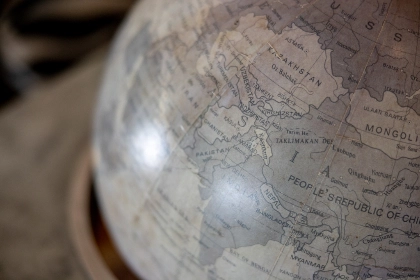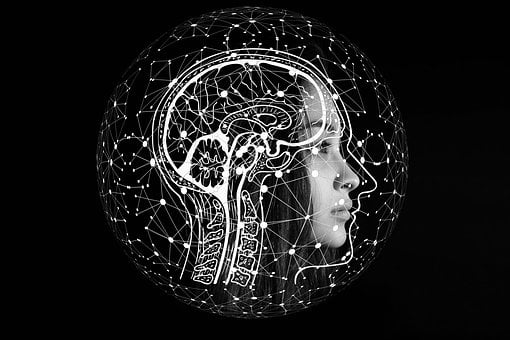260Views 0Comments
Asian residents’ social problems can vary widely depending on the nation and situation. Nonetheless, there are a number of problems that Asian communities all around the world face frequently.
Racism and Discrimination: Asians frequently experience racism and discrimination around the world. This might be as a result of their ethnicity, cultural customs, or religious convictions. Discrimination can take many different forms, including physical assault, exclusion from chances, and verbal abuse.
Discrimination and Stereotyping: Asians are not exempt from prejudice and stereotyping. These can include beliefs that all Asians are skilled at arithmetic or that they are all quiet and subservient. The lives of Asian people may be impacted by these stereotypes’ detrimental presumptions and misunderstandings.
Mental Health Stigma: In many Asian societies, there may be a cultural stigma associated with mental health conditions. It can be discouraging or stigmatizing to seek care for mental health difficulties because they are frequently viewed as personal failings or signs of weakness. This may cause people to put off getting help when they really need it, which could be harmful to their mental and emotional health.
Language Barriers: For many Asians living in nations where the prevailing language is not their native tongue, language barriers can be a serious problem. Access to necessary services, including healthcare and education, may be made challenging, and this may result in feelings of exclusion and loneliness.
Economic disadvantages: Asian communities may experience economic hardship as a result of limited access to opportunities and resources. This may be a result of prejudice, lack of access to training programs for employment or education, or other issues. A variety of undesirable outcomes, including poverty, homelessness, and restricted access to healthcare, can be brought on by economic disadvantage.
Immigration-related problems: Many Asians are immigrants or the offspring of immigrants, which might provide special difficulties with regard to immigration laws and practices. Deportation, family division, and trouble acquiring visas are a few examples of this.
Asian Americans encounter a wide range of complicated social concerns. A thorough grasp of the unique cultural, economic, and political elements that have an impact on Asian communities is necessary to address these concerns. The views and experiences of Asian people themselves must be prioritized in efforts to address these concerns.

reason behind these issues
The causes of social issues among Asian citizens can be complex and multi-faceted, and they can vary depending on the specific issue and context. Here are some potential causes:
Historical and Systemic Oppression: In many countries, Asian citizens have experienced a long history of oppression, discrimination, and exclusion. For example, Asians in the United States were subject to discriminatory laws and policies like the Chinese Exclusion Act of 1882, which prohibited Chinese immigrants from coming to the United States, and the internment of Japanese Americans during World War II. These historical and systemic factors have contributed to ongoing discrimination and marginalization for many Asian communities.
Cultural Stereotyping: Stereotyping and prejudice can stem from a lack of understanding or exposure to different cultures, leading to oversimplified assumptions about Asian communities. These stereotypes can be perpetuated by media and popular culture, leading to harmful assumptions and misunderstandings.
Economic Inequality: Asian communities can experience economic disadvantage due to factors such as discrimination in hiring and promotion, lack of access to quality education, and limited resources in low-income communities. These factors can create significant barriers to economic mobility and financial stability.
Immigration Policies: Many Asian communities are comprised of immigrants or descendants of immigrants, and immigration policies can have significant impacts on their lives. Policies that limit immigration or create barriers to legal status can create fear, uncertainty, and instability for individuals and families.
Cultural Norms: In some Asian cultures, there can be cultural norms that discourage seeking help for mental health issues or that prioritize conformity and obedience over individual expression. These norms can create barriers to seeking help or addressing issues that may impact mental health and well-being.


